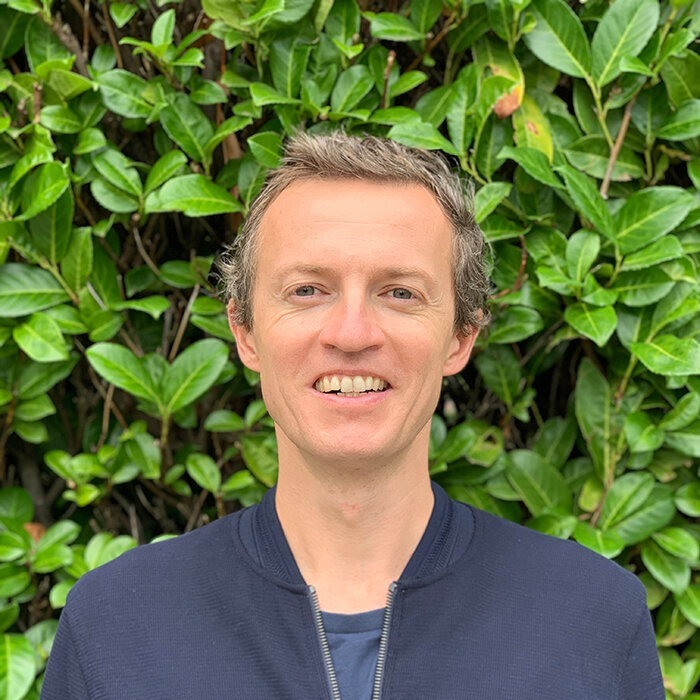
Research
Macromolecular machines occur ubiquitously in nature where they achieve a broad spectrum of biological functions. These nano-assemblies constitute the essence of life as proteins and nucleic acids often accomplish their tasks when included in a multi-protein complex, either stable or transient. As a consequence, macromolecular complexes are of significant medical interest due to the fact that perturbations of protein/protein or protein/nucleic acid interactions can lead to a number of diseases or alternatively be used for drug discovery. A detailed knowledge of the structure and function of these molecular assemblies is therefore key to understanding basic biological processes and expedite advances in medicine.
Our main research interest is to tackle the structure of macromolecular machines of biological interest to understand the mechanisms underlying their functions. We use a multi-disciplinary approach involving cryo-electron microscopy and X-ray crystallography complemented by various biochemical and biophysical techniques to obtain multi-scale data ranging from atom to whole-cell.
Cryo-electron microscopy is an increasingly important technique in structural biology, which enables the study of biological macromolecules in a near-native environment. This method is undergoing a technical revolution due to the recent developments of direct detectors, which significantly enhance its potential and pave the way toward the routine achievement of near-atomic resolution reconstructions for samples of moderate size and symmetry in the near future. Cryo-electron microscopy also enables studying samples featuring marked conformational flexibility and/or compositional heterogeneity and that are not amenable to structural characterization using other techniques. It is thus possible to obtain various snapshots of macromolecular machines yielding insights into their mechanisms of action.